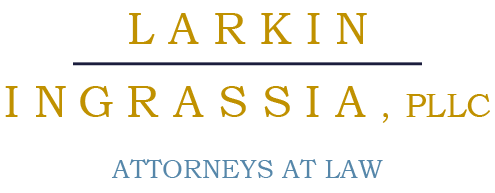Drivers who are arrested for DWI may have many questions, and an attorney can provide them with the legal guidance they need.
Prior results do not guarantee a similar outcome.
In New York, driving while intoxicated is a crime associated with serious consequences, such as the potential requirement to spend time in jail and pay a heavy fine. Here are a few common questions about drunk driving in the state and their answers.
What is the legal blood alcohol content limit?
In New York, and in all other 49 states in the U.S., it is illegal to operate a vehicle with a blood alcohol content level at or above 0.08, states the Governors Highway Safety Association. How quickly a person’s BAC level rises after consuming alcohol depends on a number of different factors. These include how much alcohol has been consumed, whether or not the person ate before drinking, the person’s body weight and how much time was spent drinking.
What happens during a DWI arrest?
Those who are stopped by a law enforcement official because they were believed to be driving under the influence may be required to take a field sobriety test. According to the New York State Department of Motor Vehicles, this may include a breath-screening test. Those who are arrested for DWI will then be required to take a chemical test.
Can drivers refuse to take a chemical test?
Those who refuse to take a chemical test following being arrested for DWI will have their driver’s license suspended for a period of one year during the arraignment process in court. In addition, refusing a chemical test requires offenders to pay a civil penalty of $500 for a first offense and $750 for a second offense. These penalties are separate from the consequences of a DWI conviction.
What is the Zero Tolerance Law?
Under New York’s Zero Tolerance Law, it is illegal for drivers under the age of 21 to have any alcohol in their system. Those who are pulled over for drinking and driving and it is determined that their BAC level is between 0.02 and 0.07 will be required to appear at a DMV hearing. If a conviction occurs, drivers who offend this law face a six-month license suspension in addition to the requirement to pay a civil penalty of $125 and $100 suspension termination fee.
Reach out to an attorney
Drivers in New York facing the penalties of a DWI conviction may have many questions about the legal process moving forward. In this situation, drivers should contact an attorney in their area who can provide legal guidance.
Drivers who are arrested for DWI may have many questions, and an attorney can provide them with the legal guidance they need.


